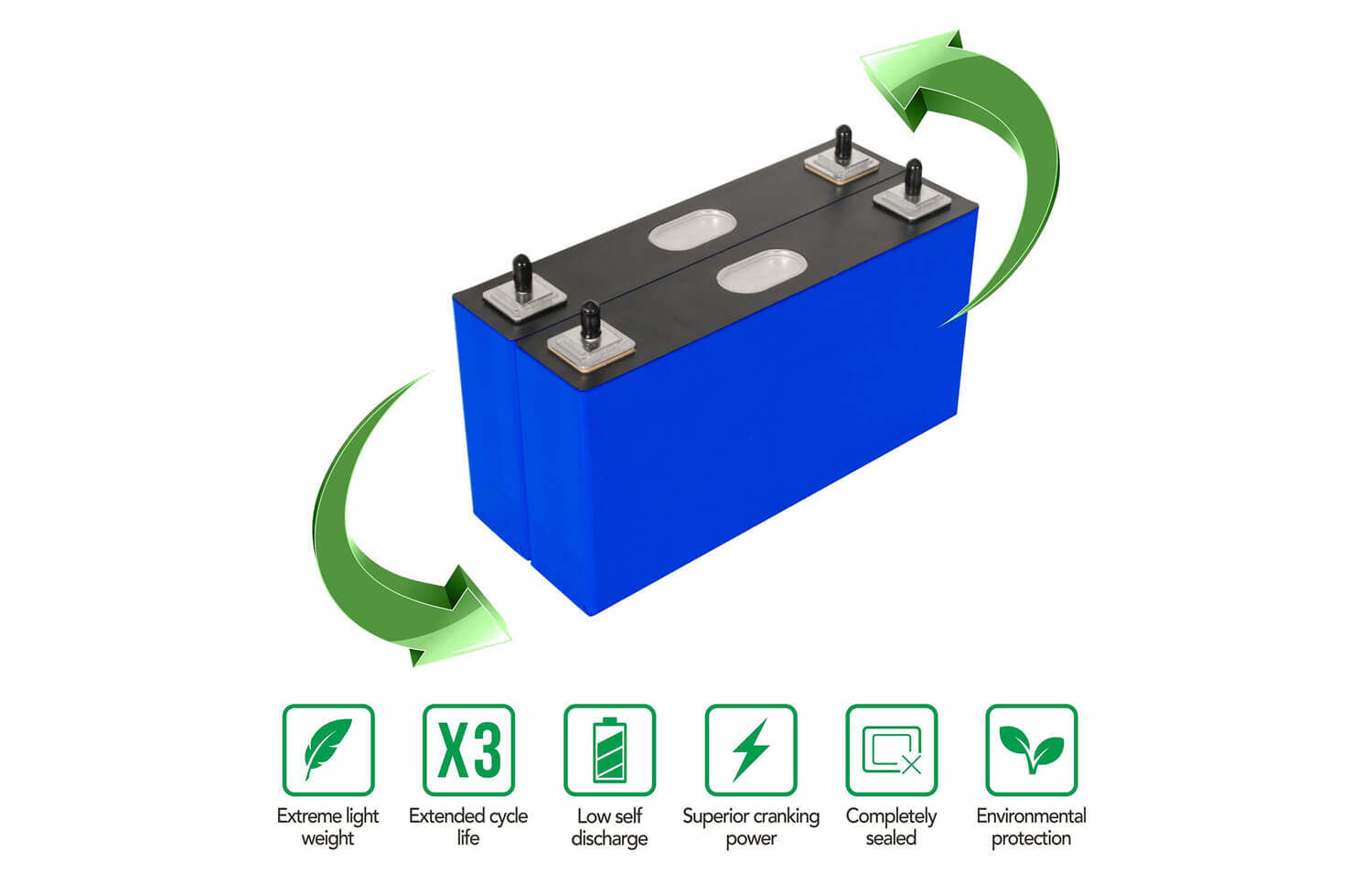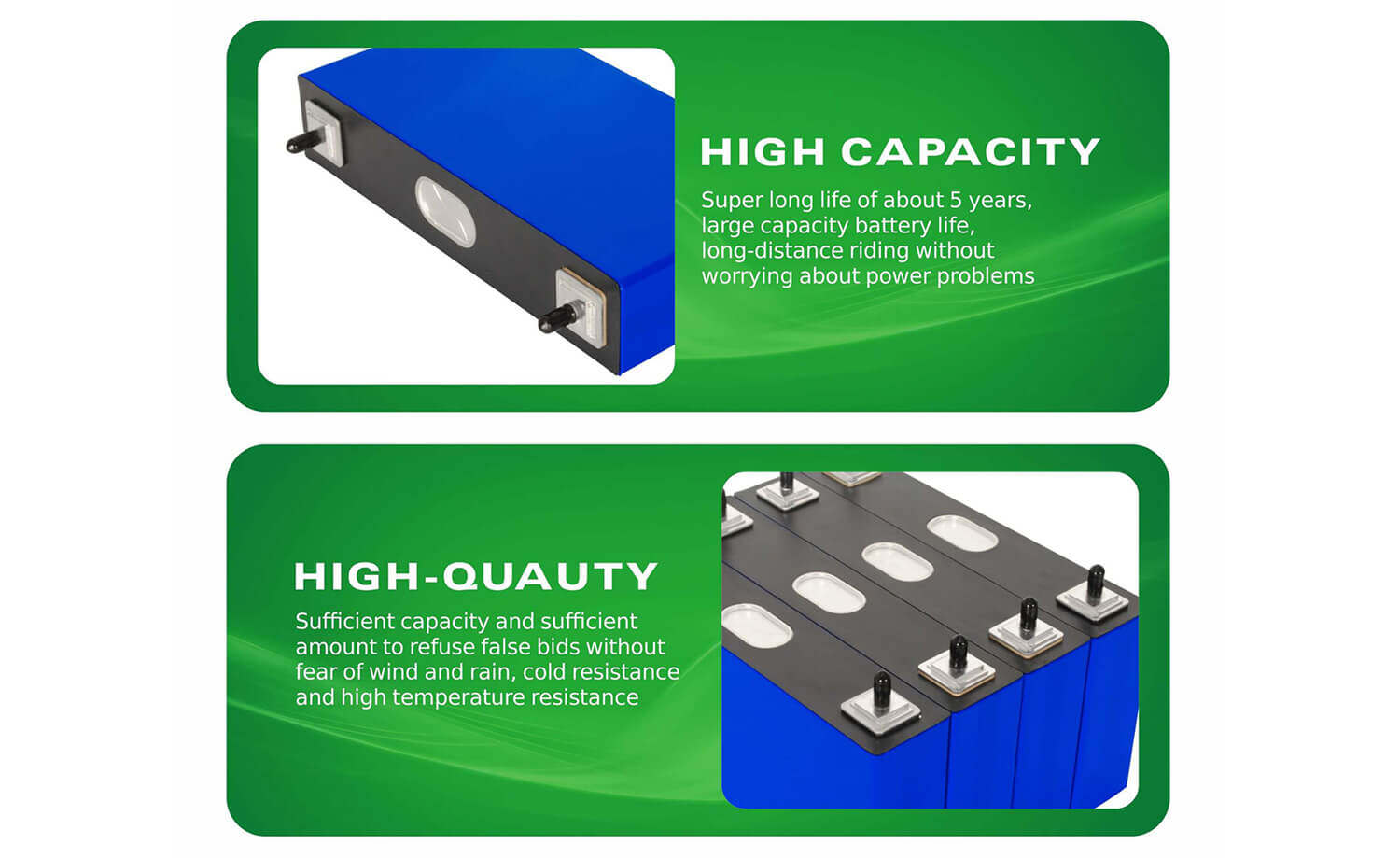
lithium batteries in South Africa
1. Energizing the Nation: The Current Landscape of Lithium Battery Use in South Africa
As the global demand for renewable energy sources and clean technologies continues to rise, lithium batteries have emerged as a key player in the energy storage industry. In South Africa, the use of lithium batteries has gained traction in recent years as the country seeks to diversify its energy mix and reduce its reliance on fossil fuels. This article will provide an overview of the current landscape of lithium battery use in South Africa, including the opportunities, challenges, and implications for the nation's energy future.
- Opportunities for Lithium Battery Use in South Africa
South Africa, known for its abundant natural resources, has significant potential for utilizing lithium batteries to harness renewable energy sources. The country has ample solar and wind resources, making it conducive for the deployment of solar panels and wind turbines. However, the intermittent nature of these renewable energy sources necessitates the need for energy storage solutions to bridge the gap between energy generation and demand. Lithium batteries, with their high energy density, long cycle life, and fast response times, are well-suited for this purpose.
One of the key opportunities for lithium battery use in South Africa lies in off-grid and rural electrification projects. Many remote areas in the country lack access to reliable electricity, and lithium batteries can provide a viable solution by storing excess energy generated from renewable sources during peak times for use during periods of low or no energy generation. This can improve the quality of life for rural communities, powering homes, schools, healthcare facilities, and other essential services.
Another opportunity for lithium battery use in South Africa is in the transportation sector. Electric vehicles (EVs) powered by lithium batteries are gaining momentum globally as a cleaner and more sustainable mode of transportation. In South Africa, the government has set targets for the adoption of EVs, and lithium batteries can play a critical role in powering these vehicles, reducing greenhouse gas emissions, and mitigating air pollution in urban areas.

2. Challenges and Implications for Lithium Battery Use in South Africa
While there are significant opportunities for lithium battery use in South Africa, there are also challenges that need to be addressed. One of the main challenges is the high upfront cost of lithium batteries, which can be a barrier to their widespread adoption, particularly in low-income communities. The cost of lithium batteries has been declining over the years, but it still remains a significant factor to consider for large-scale deployment.
Another challenge is the lack of local manufacturing capacity for lithium batteries in South Africa. Currently, the country relies heavily on imported lithium batteries, which can pose supply chain risks and increase the overall cost of deployment. Developing local manufacturing capabilities for lithium batteries could not only reduce dependence on imports but also create job opportunities and stimulate economic growth.
There are environmental and social implications associated with lithium battery production. Lithium mining, which is required for the extraction of lithium used in batteries, can have negative environmental impacts, including water pollution, habitat destruction, and carbon emissions. Addressing these environmental concerns through sustainable mining practices and proper waste disposal is crucial for the responsible use of lithium batteries in South Africa.

3. Powering the Future: Lithium Batteries in South Africa's Energy Mix
As South Africa strives to meet its growing energy demand while transitioning towards a more sustainable and environmentally-friendly energy mix, lithium batteries have emerged as a promising solution. Lithium batteries, known for their high energy density, long cycle life, and fast response times, are increasingly being utilized in South Africa's energy sector to store and utilize renewable energy, enhance energy access in remote areas, and drive the adoption of electric vehicles. This article will delve into the role of lithium batteries in South Africa's energy mix, exploring the opportunities, challenges, and implications for the nation's energy future.
- Opportunities for Lithium Batteries in South Africa's Energy Mix
South Africa, blessed with abundant solar and wind resources, has a unique opportunity to harness these renewable energy sources with the help of lithium batteries. One of the key opportunities for lithium batteries in South Africa's energy mix is in the field of renewable energy integration. Solar and wind energy are intermittent in nature, and energy storage solutions are required to store the excess energy generated during peak times for use during periods of low or no energy generation. Lithium batteries provide a reliable and efficient means of storing renewable energy, allowing for a smoother integration of solar and wind power into the national grid.
Off-grid electrification is another significant opportunity for lithium batteries in South Africa. Many remote areas in the country lack access to reliable electricity, and lithium batteries can provide a decentralized solution by storing energy from renewable sources for use in off-grid applications. This can improve energy access in remote communities, powering homes, schools, healthcare facilities, and other essential services, thereby enhancing the quality of life and economic opportunities for rural populations.
Furthermore, the transportation sector presents a promising opportunity for lithium batteries in South Africa. The government has set ambitious targets for the adoption of electric vehicles (EVs) as a means to reduce greenhouse gas emissions and mitigate air pollution in urban areas. Lithium batteries are the preferred choice for powering EVs due to their high energy density and long cycle life, and their increased deployment can contribute to a greener and more sustainable transportation system in South Africa.
- Challenges and Implications for Lithium Batteries in South Africa's Energy Mix
Despite the opportunities, there are challenges that need to be addressed for the widespread deployment of lithium batteries in South Africa's energy mix. One of the main challenges is the cost associated with lithium batteries. While the cost of lithium batteries has been declining, it still remains a significant factor to consider, particularly for large-scale deployment. Innovative financing mechanisms, such as subsidies, incentives, and public-private partnerships, may be needed to make lithium batteries more affordable and accessible for different segments of the population.
Another challenge is the lack of local manufacturing capacity for lithium batteries in South Africa. The country currently relies heavily on imported lithium batteries, which can pose supply chain risks and increase the overall cost of deployment. Developing local manufacturing capabilities for lithium batteries can not only reduce dependence on imports but also create job opportunities and stimulate economic growth. This may require investment in research and development, infrastructure, and skilled labor to establish a robust and sustainable lithium battery manufacturing industry in South Africa.
Moreover, there are environmental and social implications associated with lithium battery production. Lithium mining, which is required for the extraction of lithium used in batteries, can have negative environmental impacts, including water pollution, habitat destruction, and carbon emissions. It is crucial to ensure that lithium mining is carried out responsibly, adhering to strict environmental regulations and sustainable mining practices to minimize its ecological footprint. Social considerations, such as fair labor practices and community engagement, should also be taken into account to ensure that lithium battery production benefits local communities and promotes social well-being.
4. From Innovation to Implementation: The Adoption of Lithium Batteries in South Africa's Industries and Communities
South Africa, a country rich in natural resources and a hub for innovation, is increasingly embracing lithium batteries as a key technology for powering its industries and communities. Lithium batteries, known for their high energy density, long cycle life, and fast response times, are revolutionizing various sectors in South Africa, from renewable energy integration and electrification in remote areas to driving sustainable transportation and supporting industrial processes. This article will explore the journey of lithium batteries in South Africa, from innovation to implementation, and highlight the adoption of this promising technology in different industries and communities.
- Innovations in Lithium Batteries in South Africa
South Africa has witnessed significant innovations in the field of lithium batteries, driven by local research and development initiatives, collaborations between academia, industry, and government, and a strong entrepreneurial ecosystem. Research institutions, universities, and private companies in South Africa are actively engaged in developing advanced lithium battery technologies, including new battery chemistries, improved battery designs, and efficient manufacturing processes.
One notable innovation in South Africa is the development of lithium iron phosphate (LiFePO4) batteries, a type of lithium battery known for its high thermal stability, long cycle life, and safety features. LiFePO4 batteries are being widely used in various applications, including renewable energy storage, off-grid electrification, and electric vehicles, due to their durability, reliability, and safety profile.
Another innovation is the use of second-life lithium batteries in South Africa. Second-life batteries are batteries that are no longer suitable for their original purpose but still have significant remaining capacity. These batteries can be repurposed for other applications, such as grid energy storage, load shifting, and backup power, extending their useful life and reducing waste.
- Implementation of Lithium Batteries in South Africa's Industries and Communities
The adoption of lithium batteries in South Africa's industries and communities is gaining momentum, driven by the need for sustainable and reliable energy solutions. One of the key areas where lithium batteries are being implemented is in renewable energy integration. South Africa has set ambitious targets for renewable energy, and lithium batteries are playing a crucial role in storing excess energy from renewable sources, such as solar and wind, for use during periods of low or no energy generation. This helps to ensure a stable and continuous supply of clean energy to the grid, reducing reliance on fossil fuels and mitigating climate change.
Off-grid electrification is another area where lithium batteries are making a significant impact in South Africa. Many remote areas in the country lack access to reliable electricity, and lithium batteries are being used to power homes, schools, healthcare facilities, and other essential services. This has improved energy access in remote communities, enabling economic development, enhancing education and healthcare outcomes, and improving the overall quality of life.
Moreover, lithium batteries are being adopted in South Africa's transportation sector to drive the transition towards electric vehicles (EVs). The government has set ambitious targets for EV adoption, and lithium batteries are powering EVs, providing a cleaner and more sustainable mode of transportation. The use of lithium batteries in EVs has the potential to reduce greenhouse gas emissions, air pollution, and dependence on fossil fuels, contributing to a greener and healthier environment.








